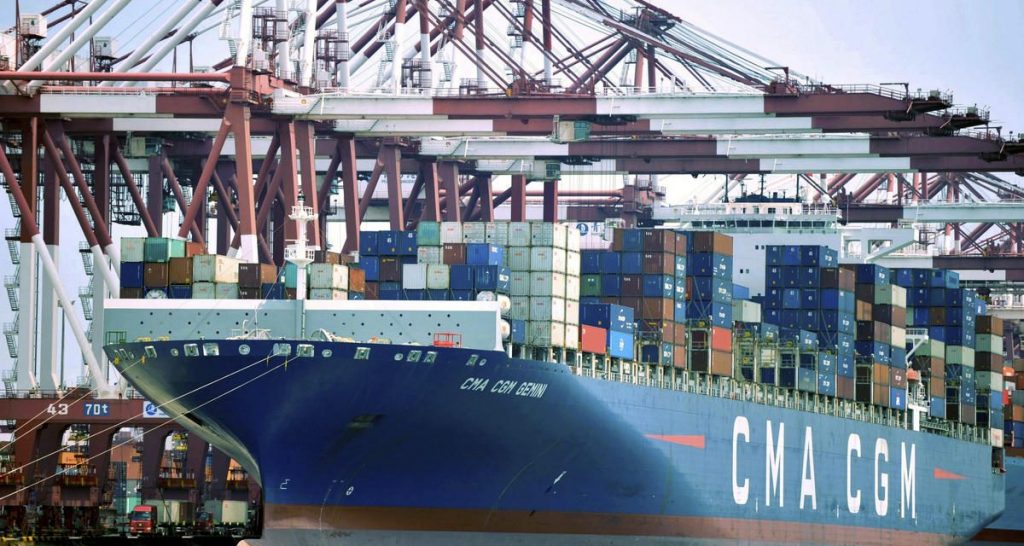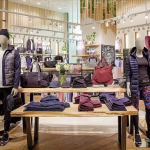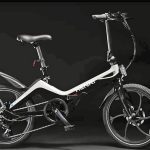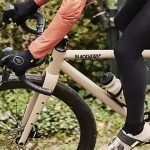The outdoor industry has been hit hard by a tax “avalanche” as new tariff data from Outdoor Industry Association (OIA) indicates that American outdoor businesses have paid an additional $2.6 billion in punitive tariffs over last year, as the trade war with China rages on with no definitive end in sight.
Additionally, total tariffs paid by American outdoor businesses in a single month on imports from China exceeded $1 billion for the first time ever in September.
To recap, on September 1 of this year, the Trump administration began imposing a 15 percent tariff on a large number of consumer goods used by Americans to get outdoors, such as hiking boots, ski jackets and tents. The value of the products impacted by punitive Section 301 tariffs more than tripled from August to September ($1.3 B August 2019 vs. $4.1 B September 2019).
This data shows the largest increase in tariff rates that outdoor businesses paid in just one month on outdoor apparel, equipment and footwear. For example:
- Over $100 million increase in tariffs on outdoor apparel from previous year (September 2018 vs. September 2019)
- Over $100 million increase in tariffs on outdoor equipment from previous year
- Nearly $60 million increase in tariffs on outdoor footwear from previous year
This new round of tariffs is largely impacting outdoor apparel and footwear products that already face some of the highest tariff rates on imports from China. For example, before the new punitive tariff on Chinese-made goods, a pair of hiking boots already faced a 37.5 percent tariff and now has a tariff rate of 52.5 percent.
OIA said this “avalanche” will keep building as American outdoor businesses brace again for yet another 15 percent increase in tariffs on a new set of outdoor products expected to go into effect December 15. Sleeping bags and more outdoor footwear and apparel are on the list of products that would be hit with new tariffs in just a few weeks.
“The China tariffs are looking more and more like a giant avalanche that’s trying to bury many outdoor businesses,” said Patricia Rojas-Ungar, vice president of government affairs at Outdoor Industry Association. “American outdoor companies are managing this new economic hardship as best as they can while also bracing for what is yet to come – making it an uphill battle to properly plan for job expansion or product development. We are eager to see a phase one deal come to fruition as the president has proposed but would like that deal to include a complete rollback of all existing tariffs on outdoor goods and products. It will take months for one of America’s strongest industries to dig out of this economic mess, and we’d like to get that process started right away.”
OIA member Vista Outdoor responded to the recent news with a strong request to the Trump administration.
“Safety helmets should not be subjected to the China 301 tariffs. We should be encouraging the use of helmets for children and outdoor enthusiasts, and the tariff policy sends the wrong message,” said Fred Ferguson, vice president of public affairs for Vista Outdoor. “The United States government had previously removed tariffs on the helmet category, yet helmets were added back into the fray for so-called List 4. The government also stated that ‘health and safety’ were core drivers of List 4 tariff exemptions, yet helmets slipped through the cracks once again. These decisions strain taxpayer resources and divert private sector resources away from core missions. We urge the removal of helmets from current and future tariff consideration.”
OIA said it will continue to update and release the industry’s tariff payments as the U.S.-China trade war wears on, so that American consumers are aware of the real impacts of an escalation strategy that are resulting in a lack of dialogue and diplomacy. OIA concluded in its statement, “Stay tuned for more info, but it remains our hope that a trade deal can be quickly reached and that all punitive tariffs will be removed.”














